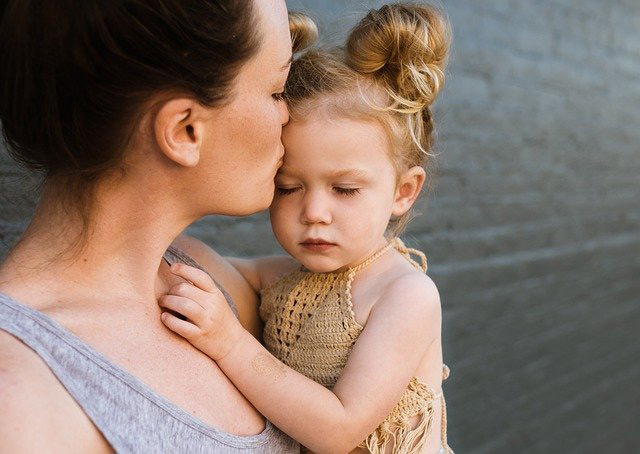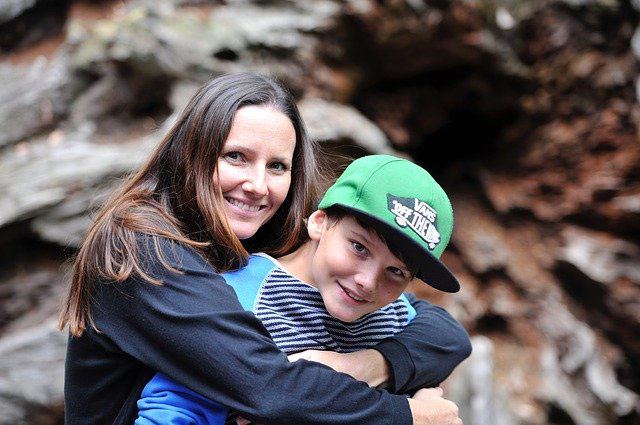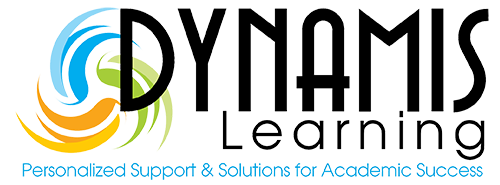This blogpost is for any level of motherhood: new and expecting, veteran, adoptive and bonus moms.
Writer/Contributor: Monique Russell
The Motherhood identity comes with mixed emotions- joy, fulfillment, and sometimes anxiety- but have you ever given intentional thought to the identity or tried to visualize what the identity would be like for you?
Apparently, mothers in most scenarios act from the default vision and identity that society has established. We have been subjected to routine activities that make us look and feel like a “good” mom. However, these routine activities have restricted women from creating their own identity as mothers. Often, we are left vulnerable to feelings of guilt, shame, and being overwhelmed.
There are four proven areas of awareness to embrace and strengthen your motherhood identity. As a mother of two sons, I can confidently say that this is what any mother out here needs to know.

- Identify and choose to define your identity as a Mother
Besides Motherhood being an age and biology phenomenon, identity is significant. Generally, Motherhood is how we perceive ourselves and the responsibilities that have been endowed on us over another human’s life.
I became a mother in college at 18 years old; the pregnancy was unplanned and unintentional. By then, I was working, and I had two jobs. I was a customer service personnel off-campus and a multicultural student consultant.
By 20 years old, I was assigned to lead parenting workshops that guided mothers on working, attending college, and raising a child. However, initially, not everyone perceived that I would be successful as a teen mom. I received feedback and comments that since I had a child at 18 years old, my life was somewhat doomed. I simply became a “MOM.”
I perceived myself as a mother with professional ambitions. That identity helped me plot parenting choices for my family. Society has structured Motherhood with limiting beliefs or mindsets; however, you can choose to be exceptional. Motherhood identity, just like professional identities or hobbies, should be developed with a vision.
Embracing the Motherhood identity is a process that requires deep and honest analysis of our actions and the reasons behind the actions.

- Identify and analyze how the beliefs and ideals you hold were formed and how you live those out in day-to-day life.
During my coaching practice to moms in their professional aspirations, I teach them to uncover how their beliefs and ideas originated and were structured from repeated familial experiences, encounters, media influences, and/ or spirituality.
Have you ever been curious about your parenting beliefs and thought about how they formed?
For example, who was responsible for making decisions in your home? How were they made? Where did you get the belief about what a mother should do and how she should behave?
In my book, Intentional Motherhood: Who Said it Would be Easy, I share a story about my youngest son and my method of disciplining him. He questioned me about it, and in the process of that conversation, I felt challenged.
After consulting with my therapist, I understood my perception of parenting from love was a behavior that was parenting from fear. It is confusing, I know. It was so subtle; acquiring the insight and understanding resulted in healthier and connected choices for me as a mother.

- Examine how loving relationships with ourselves, children, and partners are formed and nurtured.
How do we nurture and develop relationships? We demonstrate love, joy, peace, forbearance, kindness, goodness, faithfulness, gentleness, and self-control.
Relationships are strengthened by:
- Appreciation
- Acknowledgement
- Feeling heard
Therefore, when we limit the self-expression of ourselves or our children, we weaken the relationship bond. Sometimes as parents, we focus more on aspects of “doing,” placing high expectations on our children to perform and miss opportunities for “being” and connecting.
Understanding the concept of strengthening the relationship bond is simple, but it isn’t easy to practice without a plan.

- Set aside time for Intentional Conversations and have the courage to embrace conflict.
During the challenging times in life, we easily avoid instead of embrace difficult conversations. Clueless, we pass the pattern to the next generation through observation, emotional transfer, and default patterns.
I’d like to encourage you to include in your motherhood identity that you are the type of mother who embraces difficult conversations. Such a mindset helps you to act and move differently as a mother.
As mothers, choosing our identity narrows down to a healthier state of existence rather than acting in the default or norm. We locate time for difficult conversations and extend grace to ourselves as we do to others.
So what do I hope you take away from this?
Motherhood changes any woman; there’s no doubt in that. Therefore, we need to redefine ourselves despite all the responsibilities that come along with being a mom. This is the best gift you can give your baby and yourself; a lady who knows herself and respects her needs.
It’s unhealthy to try being an overachiever. Give yourself a chance to breathe. You are not alone.
Love to hear your comments on this article.
Monique Russell teaches women leaders and teams how to turn likes into loves in their business and life with effective communication skills and strategies. She is a professional speaker and an inspirational teacher helping professionals embrace conflict, improve productivity, and boost the quality of professional and personal relationships. She is the managing partner of Clear Communication Solutions, the author of Intentional Motherhood: Who Said it Would be Easy, the Ultimate Speakers Guide, and the host of the Bridge to U: Understanding and Black Unity podcast. Connect with her HERE on LinkedIn to learn more.
